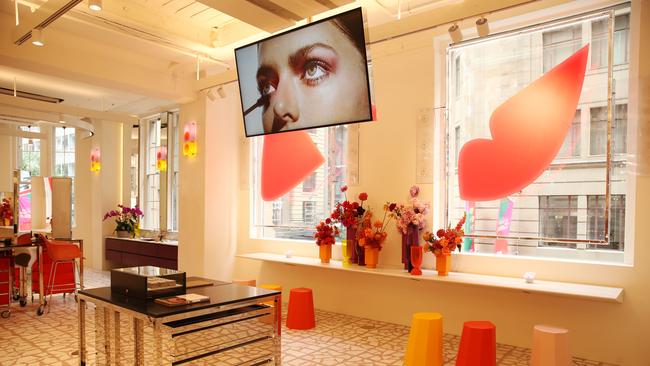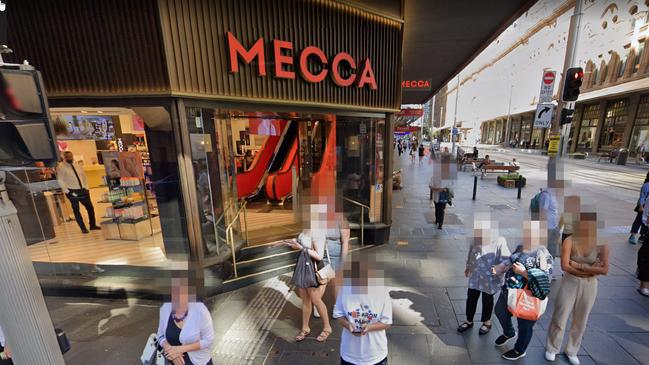Former Mecca worker settles human rights case, signs non-disclosure agreement
Beauty giant Mecca has settled another dispute with a former staff member, but revelations are emerging about its use of non-disclosure agreements.

Former Mecca worker Anna Milligan has settled her human rights case against the makeup giant and signed a non-disclosure agreement as part of the deal.
It’s not the first time an ex-Mecca staff member has signed an NDA to settle a dispute after making allegations against the company, with former head of brand marketing Alethea Larkin agreeing to one in February in return for dropping claims that she was being forced out of her job while on maternity leave.
It’s also understood other former staff members have been made to sign confidentiality agreements when accepting settlement offers.
Now that Ms Milligan’s claim has settled, no further details about the matter will be released to The Australian, despite having submitted document-access requests to the Victorian Civil and Administrative Tribunal months ago.
Ms Milligan declined to comment for this story, and her settlement figure is not clear.
Mecca is celebrated as one of Australia’s business success stories. Beginning with a single makeup store that opened in Melbourne’s South Yarra in 1997, it has grown into a powerhouse retail empire with an annual turnover of $570m.
A Mecca spokeswoman said the parties involved “have reached a pragmatic resolution of this matter”.
“Mecca does not agree with the allegations made in the claim, nor that it acted in any way unlawfully. We wish our team member all the best for the future,” she said.
“It is standard business practice for parties to prefer that the details of the resolution of matters remain private.”
Leading human rights and discrimination lawyer Prabha Nandagopal said she examined the issue of NDAs through the lens of harmful workplace behaviours, sexual harassment, bullying, racism and discrimination during her research as a senior legal adviser to the Respect@Work national inquiry.

“We did hear about the benefits of NDAs, particularly when complainants want to protect their reputation and privacy. They don’t want details of that incident being leaked after it is resolved,” she said.
“We also heard about a range of concerns, about the use of NDAs in sexual harassment cases, and I think the key one is contributing to a culture of silence.
“That can be really disempowering for victims of unlawful conduct, and it can facilitate that repeat offending.”
Kingsford Legal Centre director Emma Golledge said NDAs were “extremely common”. “Court processes are risky and expensive. And so we put a lot of pressure on individuals to settle cases. That’s why people who bring claims end up settling,” Ms Golledge said.
“NDAs might not be the applicant’s genuine choice. In recent years they tend to reflect the resourcing of the parties,” she said. “The clauses (can be) very broad, and they bind individuals to very tight confidentiality clauses.”
Ms Golledge said NDAs were often presented on a “take it or leave it” basis.
Redfern Legal Centre senior solicitor Sharmilla Bargon, who co-authored a report with Human Rights Law Centre senior lawyer Regina Featherstone examining the use of NDAs since the release of Respect@Work, told The Australian NDAs started out as a way to protect trade secrets in areas like pharmaceuticals.
“Our research indicates that it is (now) the default term used in settlement agreements, especially for sexual harassment matters,” Ms Bargon said.
“It would be also fair to say, (but) we don’t have the data to back it up, that it was very much considered to be a standard settlement term for unfair dismissal matters and for many civil claims,” she said. “We would never say that NDAs are bad, and there’s a lot of appropriate and good reasons why an applicant might call for one.”





